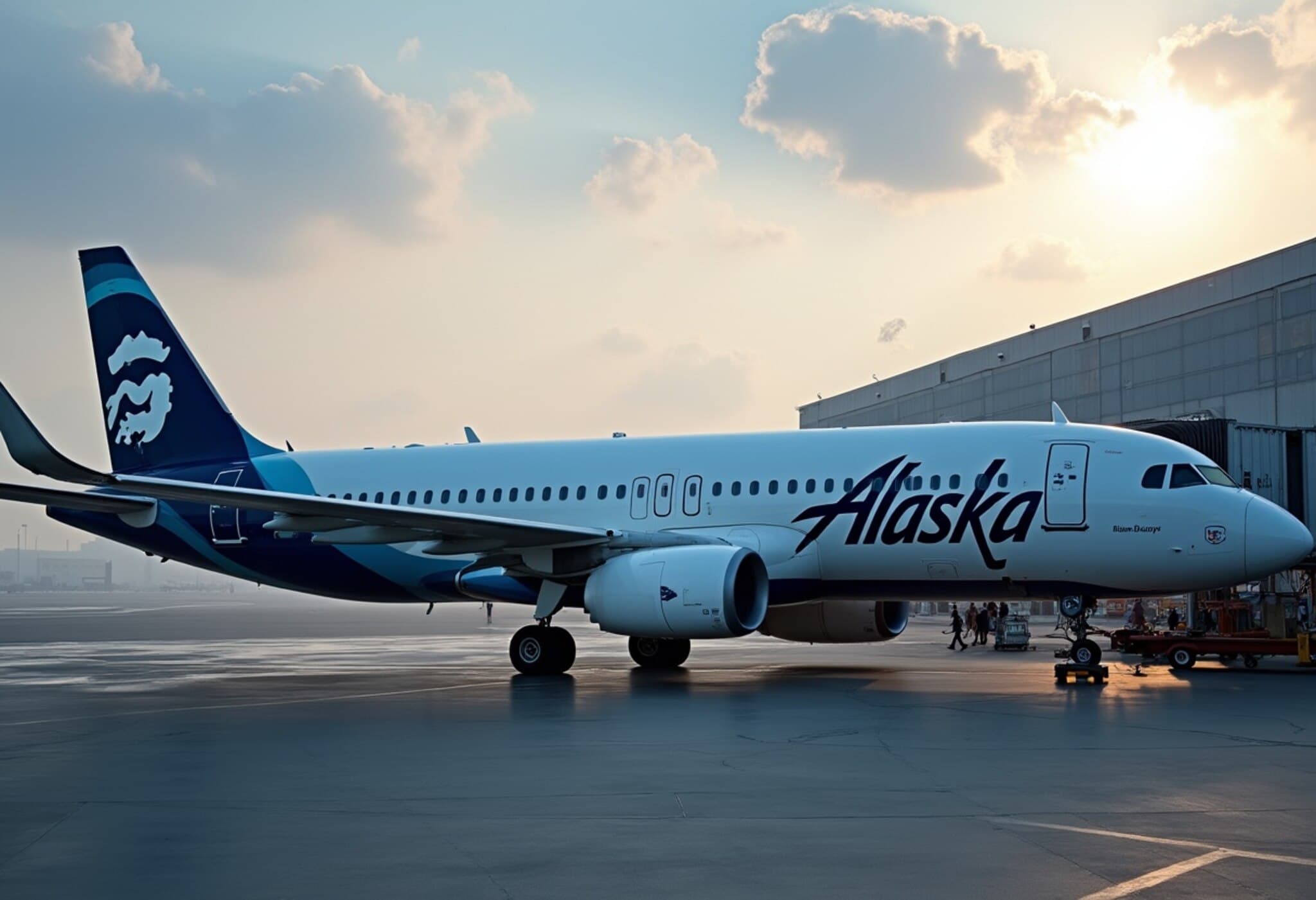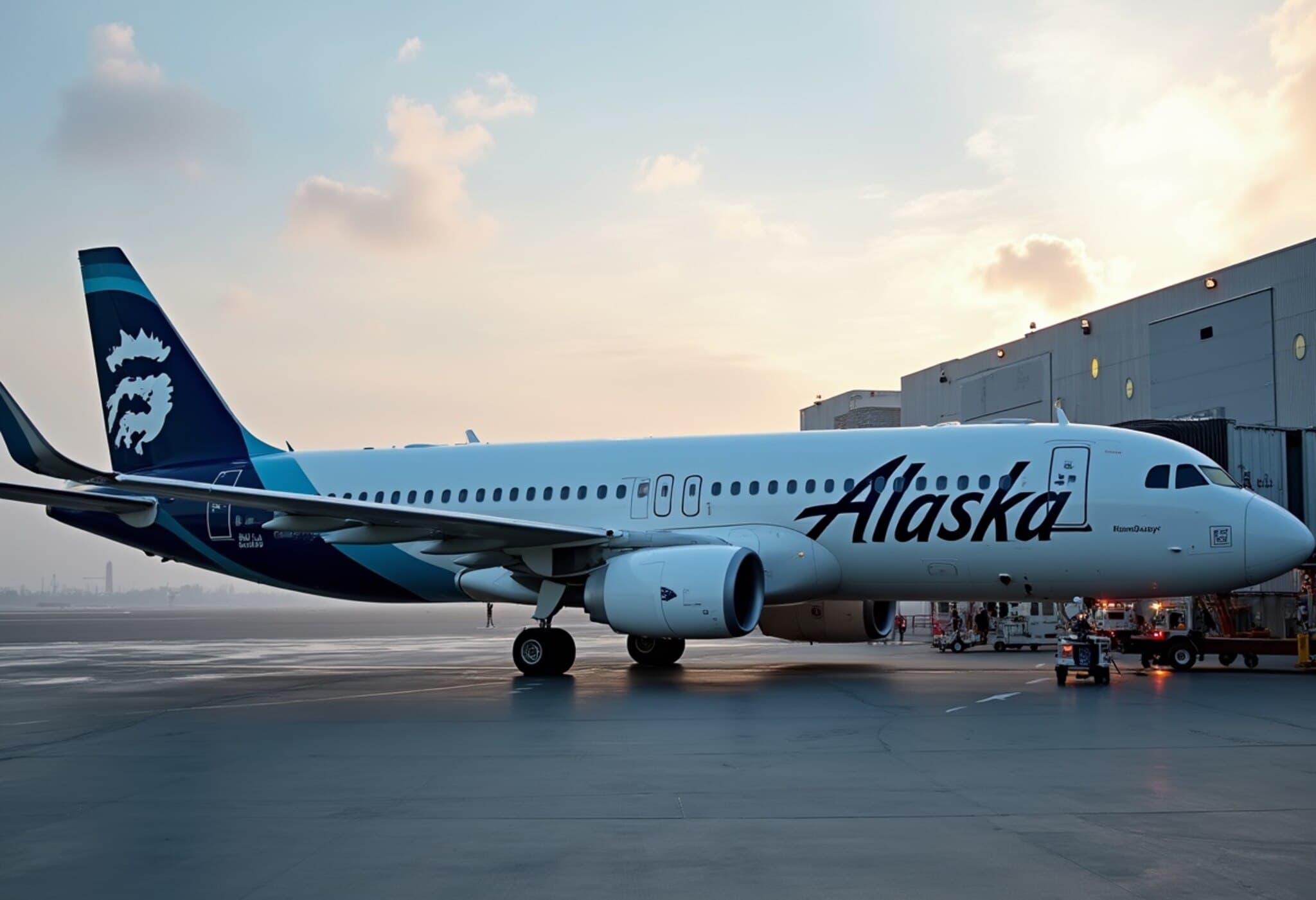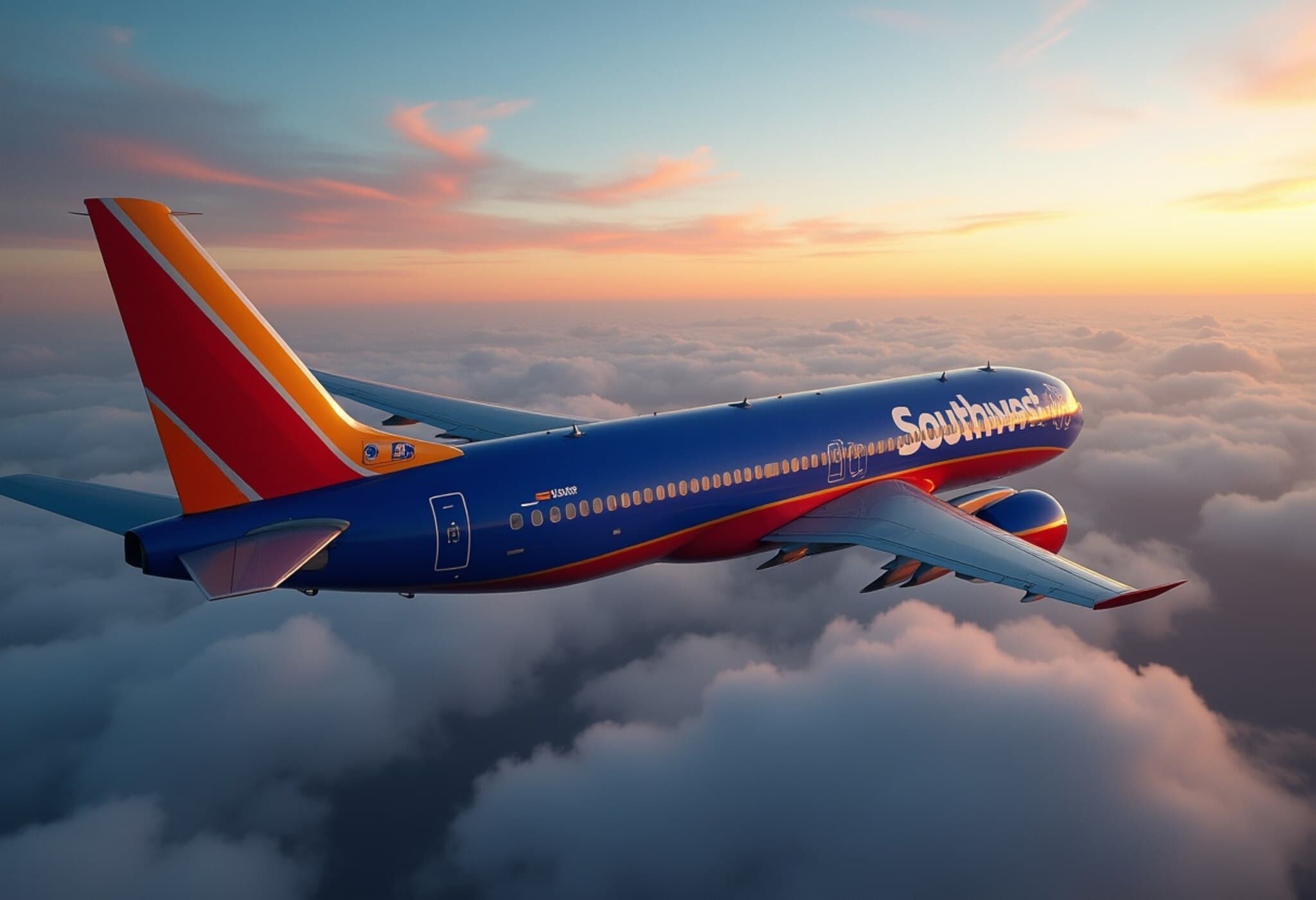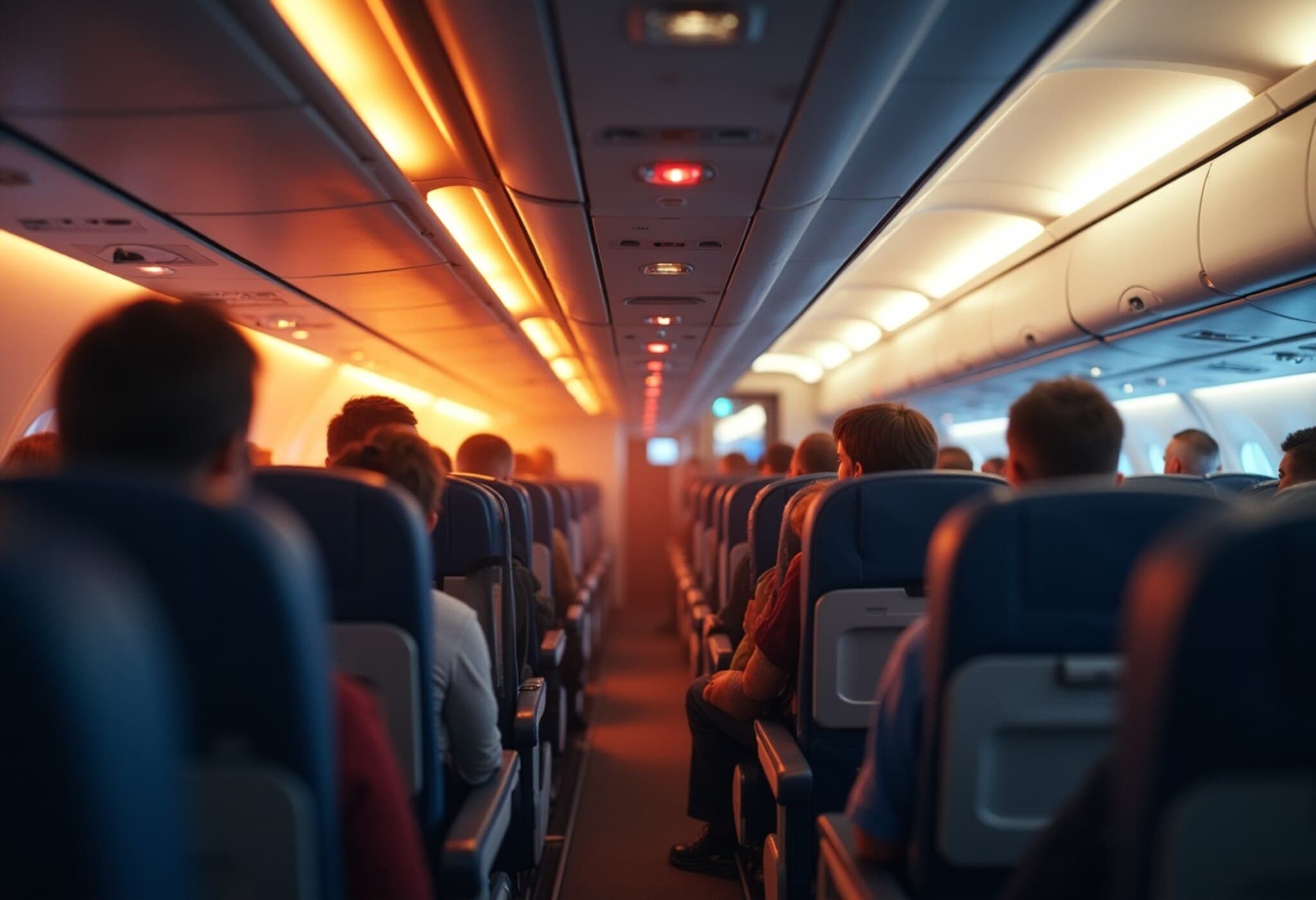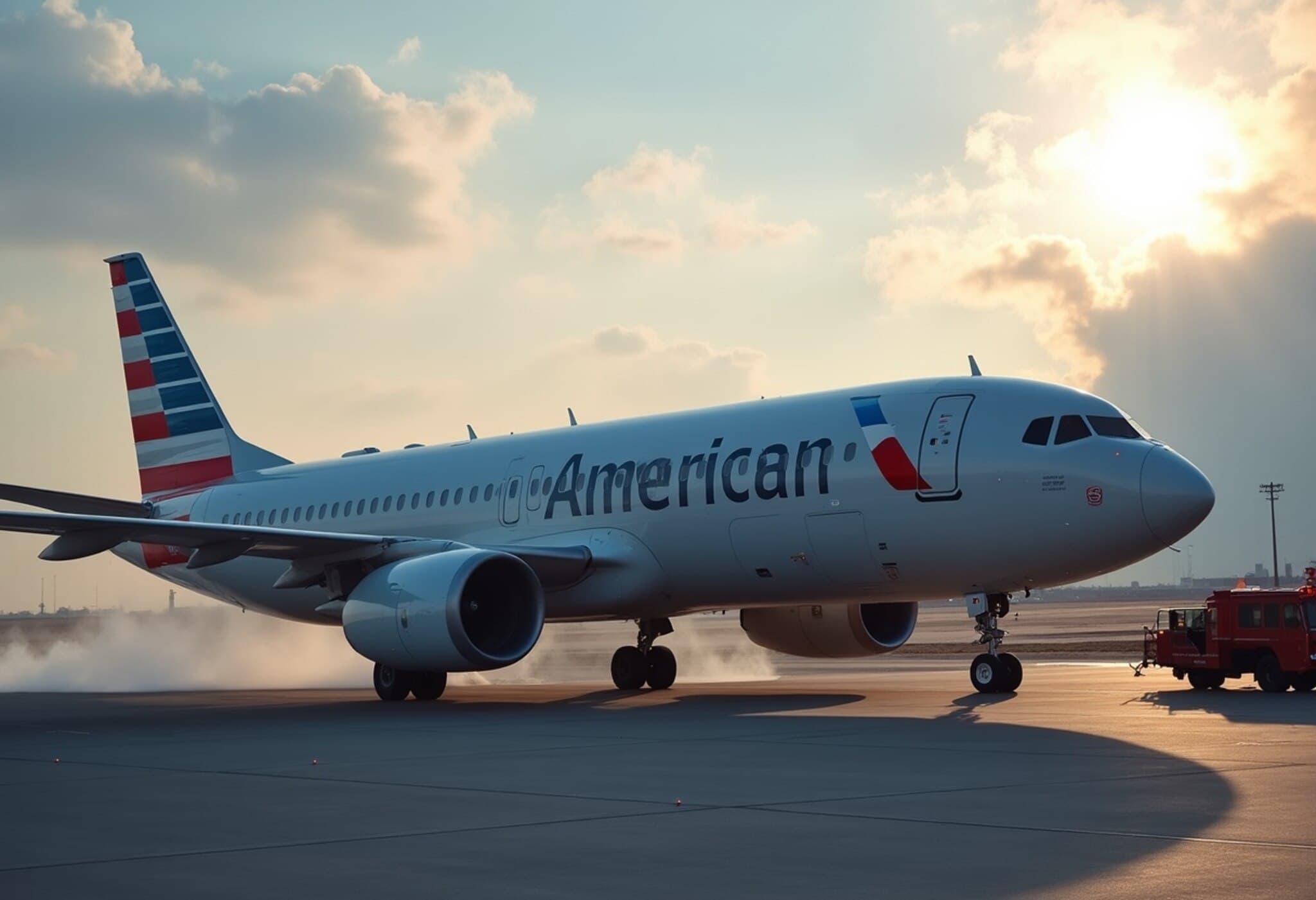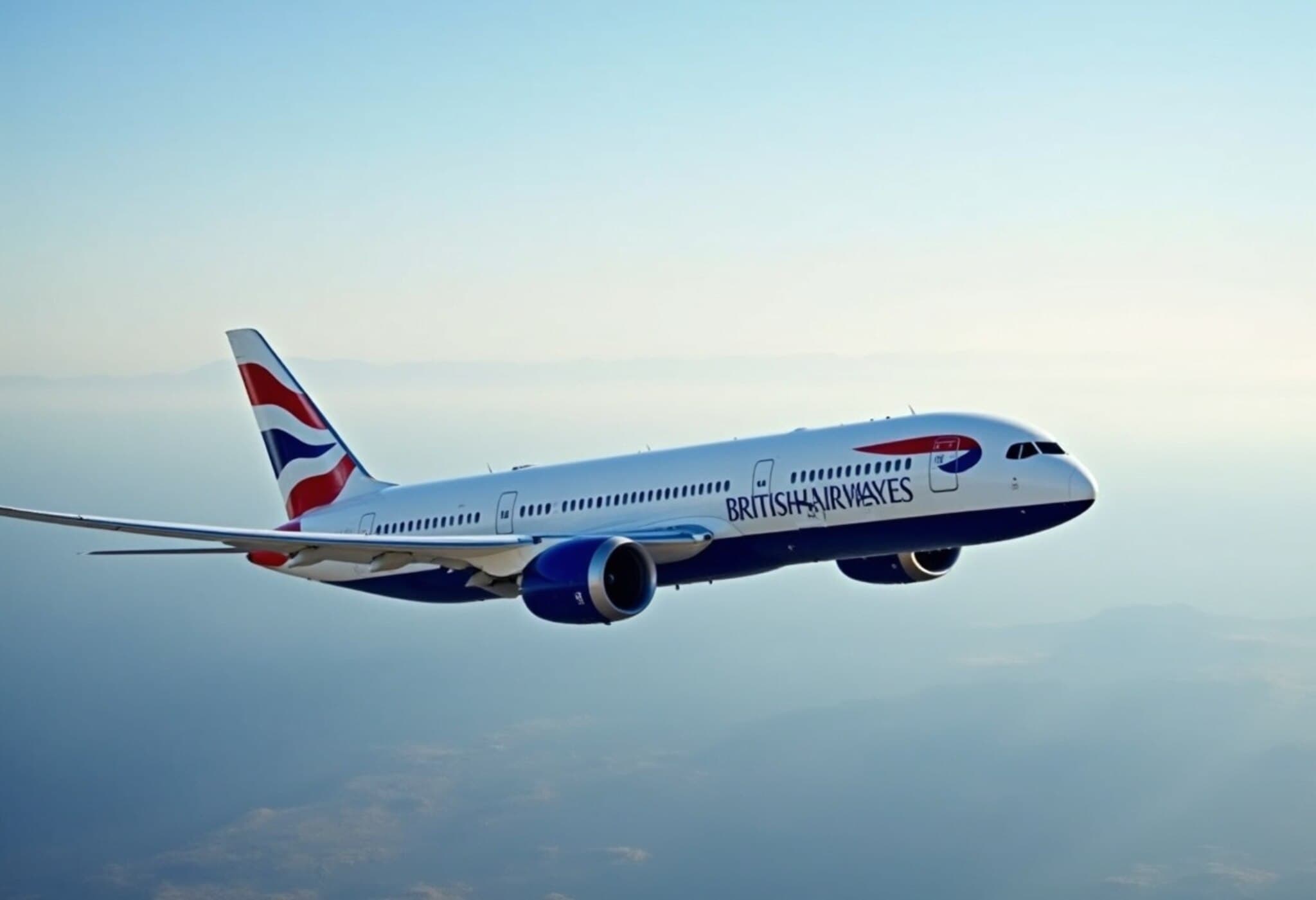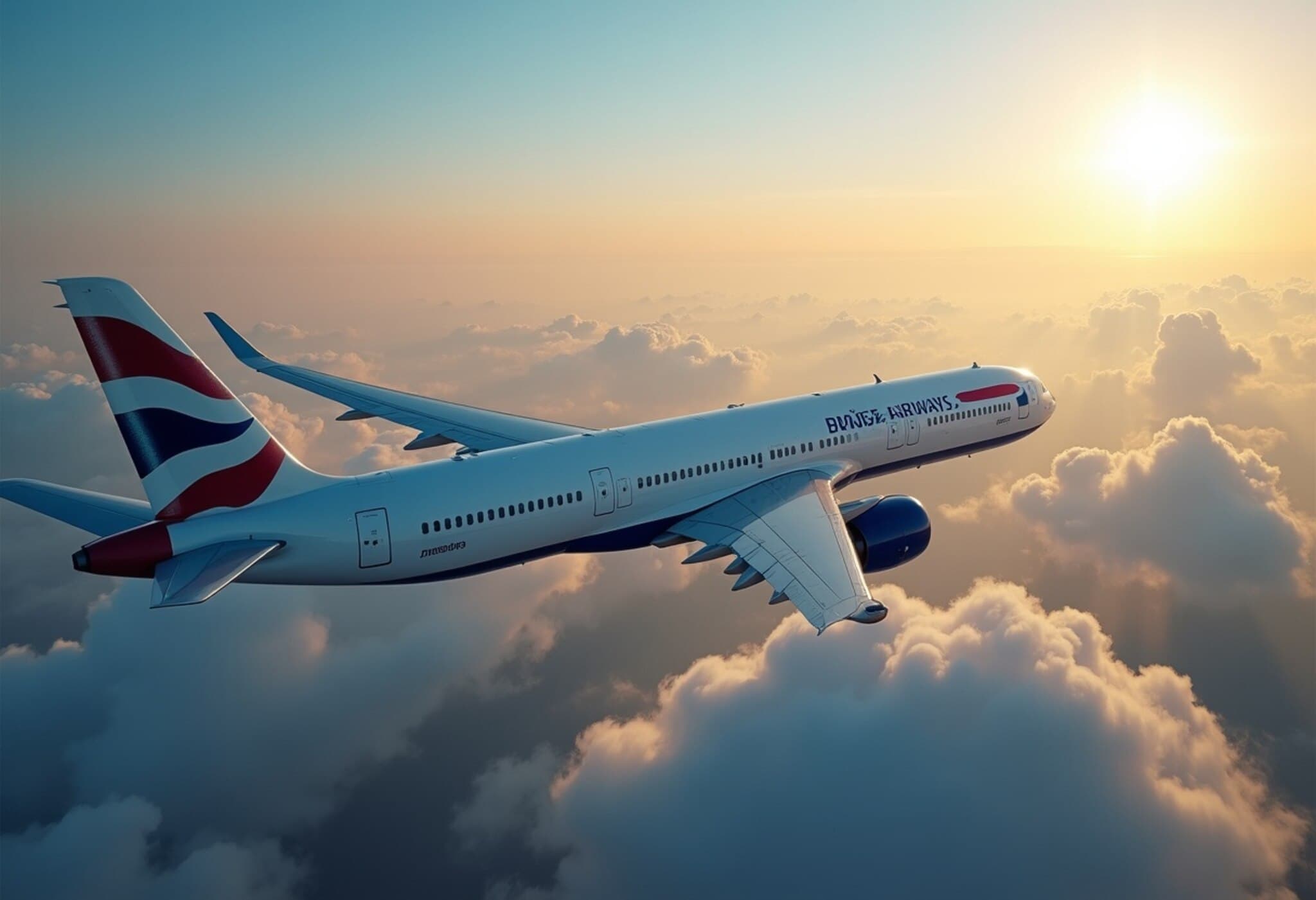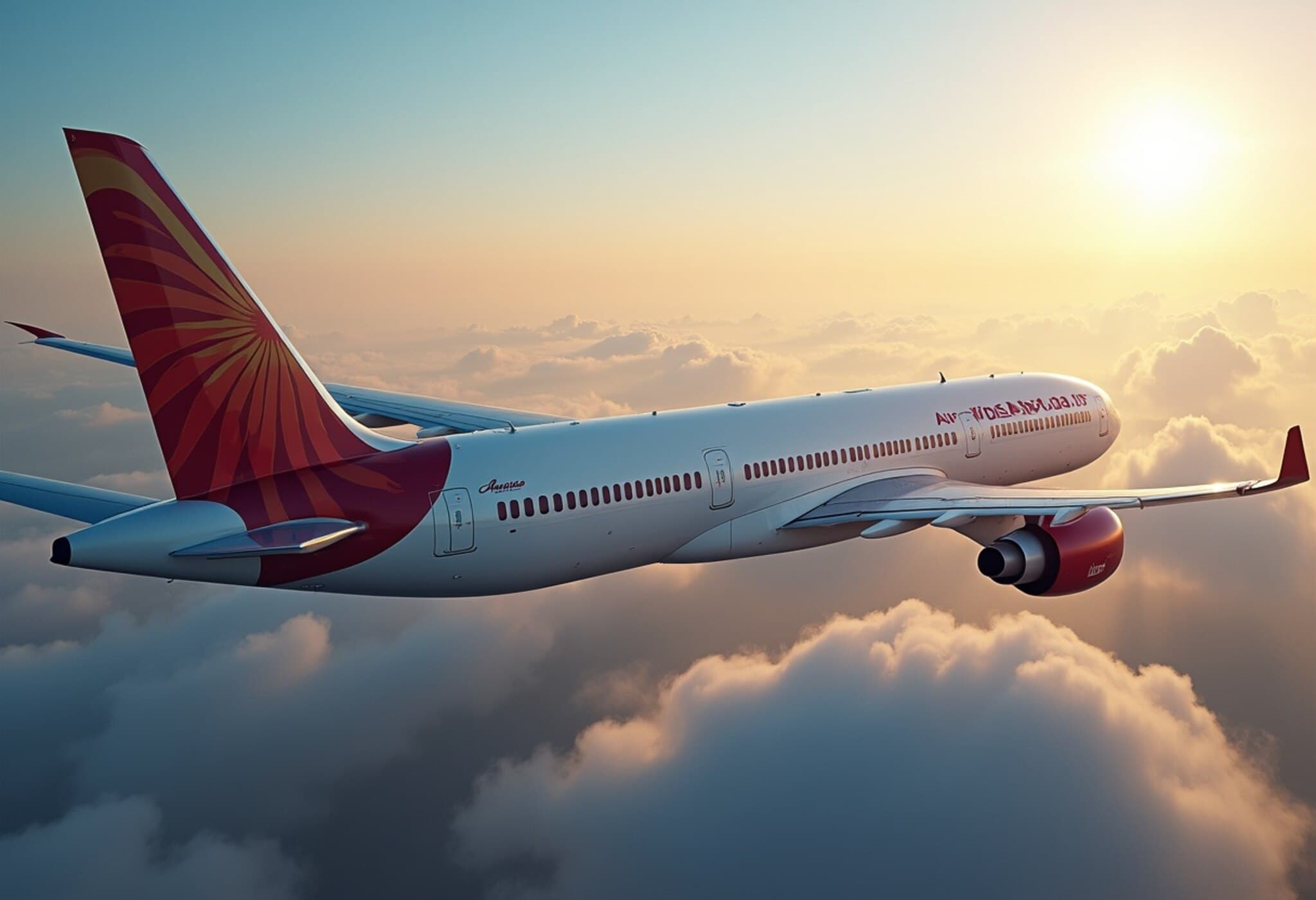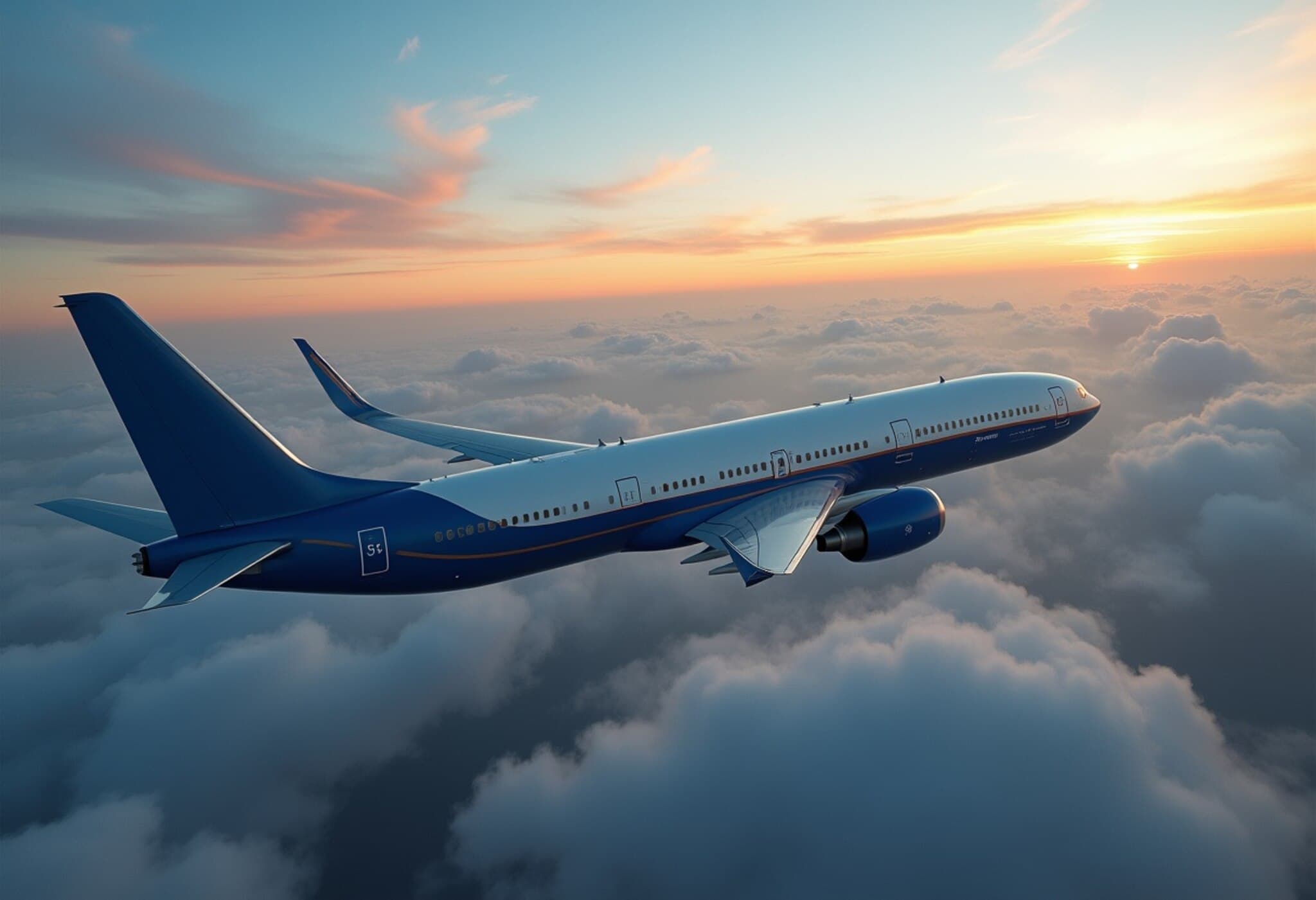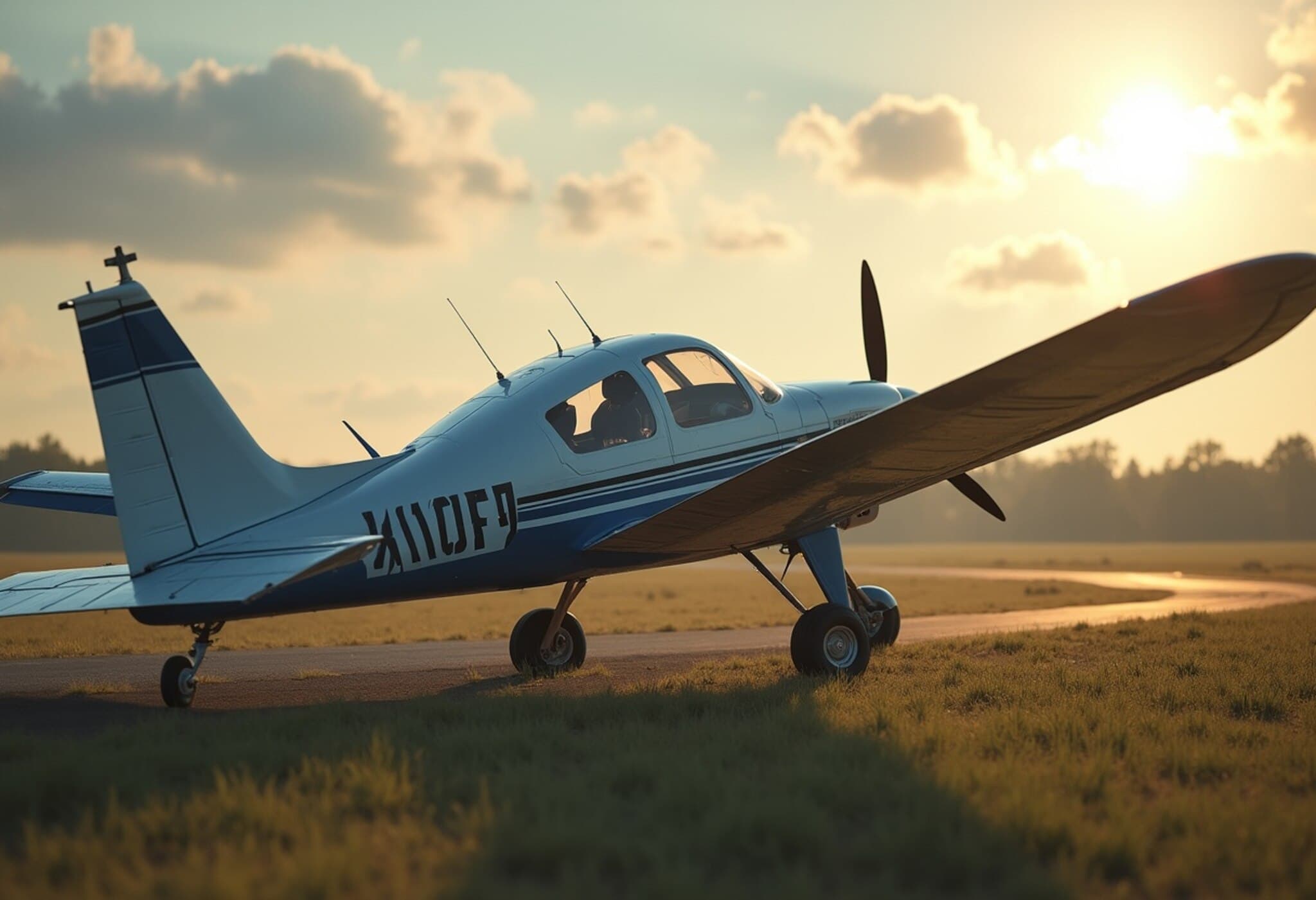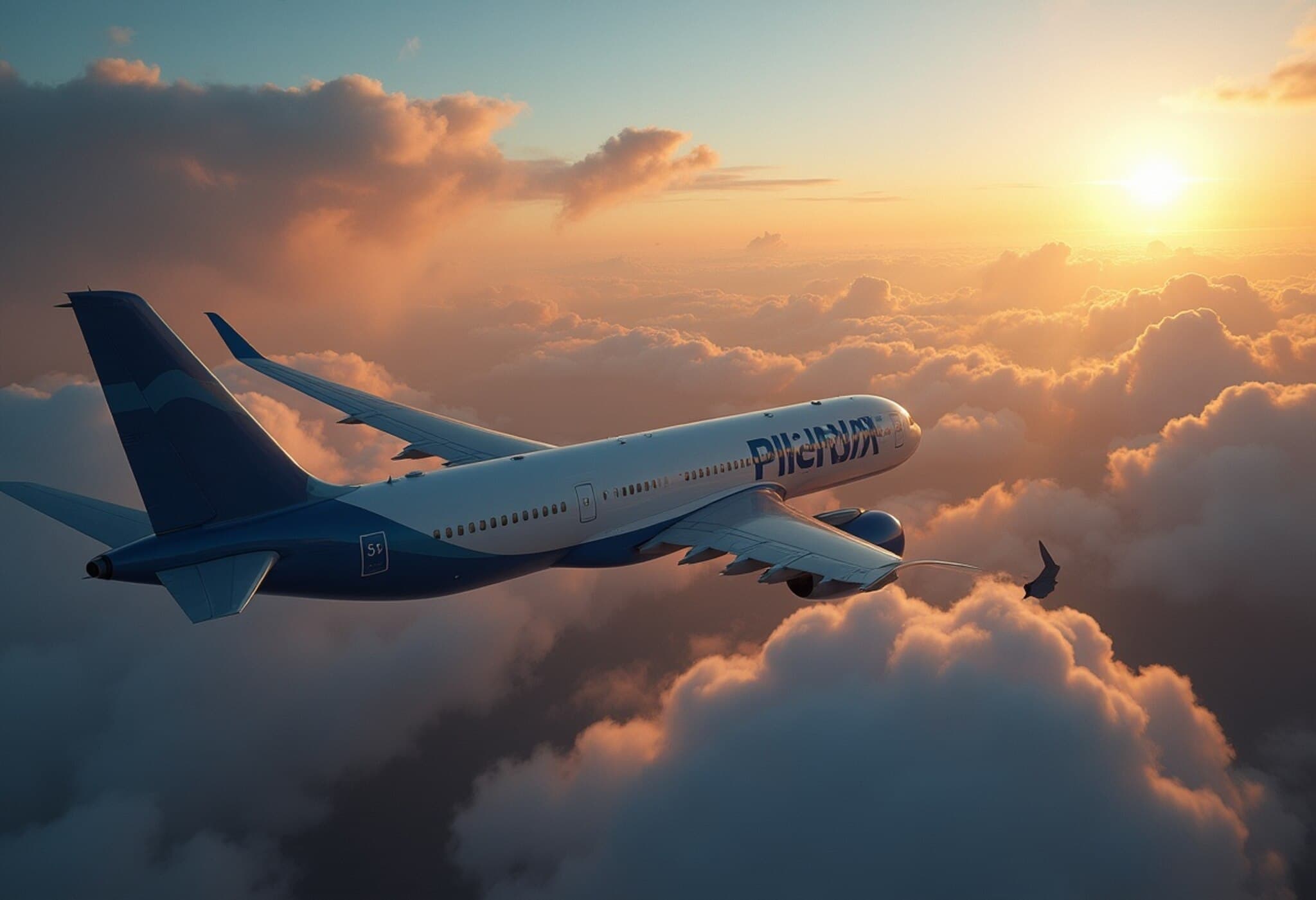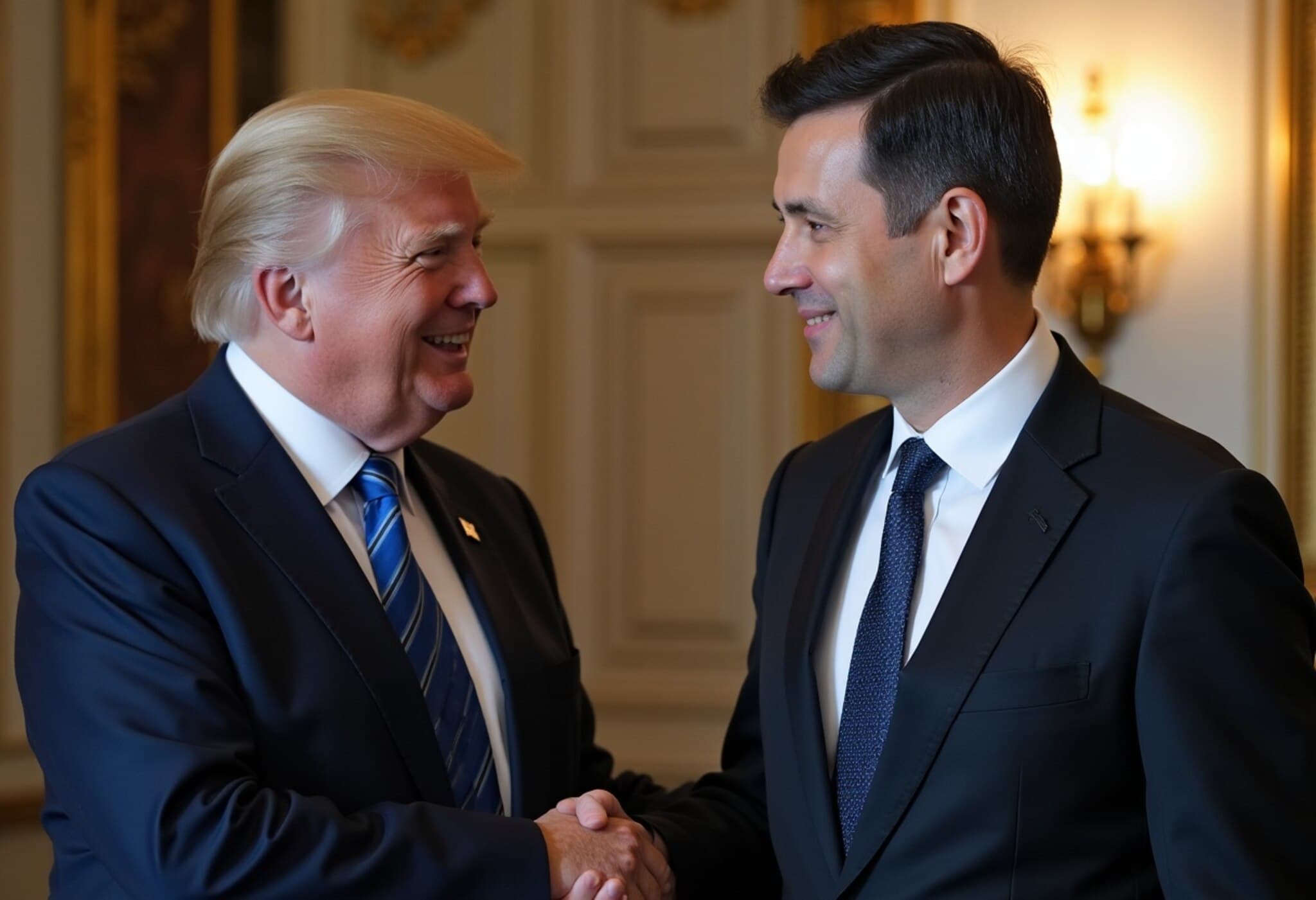Republic Airways CEO Gets Nod to Lead FAA
In a narrowly divided vote, the Senate Commerce Committee approved Republic Airways CEO Bryan Bedford to head the Federal Aviation Administration (FAA). The committee voted 15 to 13 along party lines, with all Republicans supporting Bedford’s nomination and Democrats opposing.
The main point of contention among Democrats was Bedford’s reluctance to commit to preserving the federally mandated 1,500-hour flight experience rule for co-pilots. Despite this, Bedford has assured lawmakers of his commitment to stringent oversight of aviation manufacturers, specifically highlighting the significance of ensuring safety in Boeing's operations following a recent mid-air emergency involving a Boeing 737 MAX 9 missing critical bolts.
Air Traffic Control Funding Stalemate
While Bedford's nomination was approved, there was no advancement on increasing funding for air traffic control modernization. Senate Commerce Committee chairman, Ted Cruz, had initially proposed $12.5 billion for this purpose on June 5, but calls for increased investment have intensified since then.
Transportation Secretary Sean Duffy has pushed for at least $20 billion to upgrade the FAA's infrastructure. Among the proposed initiatives are:
- Procurement of new radios and enhanced network connections
- Replacement of 618 radars
- Installation of anti-collision tarmac technology at 200 airports
- Construction of six new air traffic control centers
- Expansion of real-time aircraft traffic information networks
- Enhanced equipment to reduce near-miss incidents
- Incentives for hiring and retaining air traffic controllers
Urgency Behind Overhaul Calls
The push for an overhaul intensified after a tragic mid-air collision on January 29 near Washington Reagan National Airport, where a U.S. Army helicopter and a jet collided, killing all 67 people on board. This catastrophe, coupled with a string of high-profile safety incidents and near misses, has highlighted critical vulnerabilities within the FAA’s aging air traffic control system.
Aerospace firms and airlines have jointly requested funding upwards of $31 billion to modernize radar systems, build additional control towers, and enhance runway safety measures.
Next Steps and Legislative Outlook
Despite the urgency and growing bipartisan pressure, the revised legislative text released Wednesday retains the original $12.5 billion allocation without substantial increases. The debate around FAA modernization funding is expected to continue as lawmakers weigh priorities amid budget constraints.
In the meantime, Bryan Bedford's nomination moves forward, positioning him at the forefront of efforts to boost aviation safety and FAA oversight during a critical period of transition.



